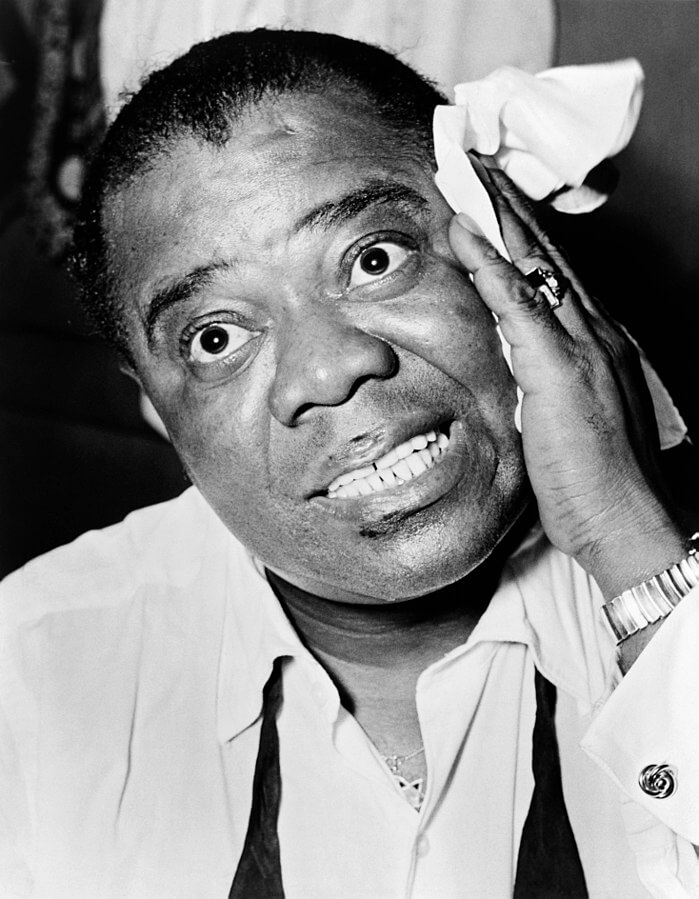How Do I Find A Therapist Near Me?
For upon |Looking for answers to the question “How do I find a therapist near me?” is a sign that you are willing to entertain the idea of getting professional help. It shows that you think you may benefit from receiving an objective perspective on the challenges you may be facing. Beyond that, it shows you’re ready to take the first steps toward improving your mental health. And that is a wonderful thing!
Finding a therapist can present some challenges. While starting therapy is a courageous act, you have to call on that same courage to take the steps needed to find a therapist who is a good match for you and the issues you may be facing.
You may not know of any friends or family members who have been in therapy. Even though seeking counseling is quite common, many people prefer to keep it private and not let others know they are doing it. In that case, you may not know anyone personally who you can ask for recommendations.
Your local community mental health center may be an option. However, first appointments are often booked several weeks in advance. You may be put on a waiting list.
If you live in a rural area, you may have trouble finding more than a handful of therapists to consider. 1If you are in or near a city, you are likely to have many more options.
If you are looking for a therapist who has a specific type of training or specialty, it may be hard to find someone near you, even if you do live in a city.
Although finding a local therapist can be a daunting task, with a few tips, you can search more efficiently and get the results you want.
Provider Lists for “Therapists Near Me.”
A great place to start may be places where you can get a list of therapy providers in your local area. One place to begin is with national mental health organizations that have information on local counselors. Some of these include:
- NAMI
- American Psychological Association
- American Medical Association
- Association for Behavioral and Cognitive Therapies
If you work for a company that has an Employee Assistance Program, you can get a therapy provider list from them. They may help with paying for a few sessions as well. Students can find lists at their college’s student health center. Finally, your health insurance company will have a list of therapists you can choose if you want your insurance to pay for your treatment. Psychology Today is also a great resource (www.psychologytoday.com).
Recommendations and Referrals
Although you might not be able to find any friends or family members who want to discuss therapists with you, you may know some professionals who can help. For instance, your primary care doctor likely knows therapists who might help you. A clergy member might recommend a therapist who honors their religious convictions.
How to Assess Possible Candidates
Before you grab a name from a list at random and set up your first appointment, look at each of the therapists on your list to sort out which might be the best fit. Some things to consider are their education, training, licensing, and years of practice.
However, this information can only get you so far. In order to find the therapist that suits your needs, issues, strengths, and personality the best, it is helpful to have information on the fields they specialize in and their treatment philosophy.
Practical matters are important, too. You need to find out about their office hours, how long sessions are, what fees they charge, and if they work with your insurance company.
If the therapist has an online presence, you can often find this information on their website. You can also call their office and ask. But, remember that you aren’t in therapy yet. You’re on a fact-gathering mission, so limit your questions to facts you need to know before you begin sessions.
Tips for Finding the Right Specialist

Source: pxhere.com
Pros & Cons Of With Trying To Work With A Nearby Therapist
Here’s a list of potential pros and cons of working with someone nearby:
Pros:
- Your therapist is physically close to you, which creates a sense of emotional security and can provide peace of mind knowing that you can receive the support you need from someone familiar with your situation… nearby.
- You know your neighborhood, and it feels like you’re continuing to become a part of your community. Seeing a therapist whose office is close to you can make you feel a part of something larger than yourself.
- Depending on the issue(s) and severity, some concerns are more appropriately addressed with a therapist in an office setting. One example is if you are in crisis, or at risk of self-harm.

Source: wikimedia.org
Cons
- It may sometimes be difficult to get to a therapist’s office each week. We’re all trying to cram a lot into our busy lives.
- There are people who don’t want others to know that they’re in therapy. If you’re going to a local therapist, you may risk the chance of running into someone you know.
- Depending on the issue, being seen “in person” can be difficult. One example is if you have social anxiety disorder and it’s hard for you to be around people.
Trying Out Therapists
No matter how much research you do, you won’t know if a therapist is the right fit for you until you have a session with them. Consider the first few sessions as a trial run that you can continue if you’re happy with the arrangement or move on if you’re not. Be prepared to feel a bit uncomfortable if this is the first time you’ve shared your secrets with a therapist. Remember that you can change therapists if you don’t feel the two of you are a good match.
Consider Online Therapy
If you’re looking for therapists in your local area, you might have missed counselors who can meet with you wherever you are. Online therapists can talk to you in the comfort of your home. Licensed therapists at BetterHelp are available according to your schedule and can help you with any emotional or mental health concerns you have. Starting treatment is easy, and you won’t have to wait weeks to have your first session. And, if you don’t click with a particular therapist, it’s easy to switch to another counselor.
Don’t Hesitate Too Long
Now that you know how to find a therapist, get connected with one right away. The best thing you can do is move forward while you’re motivated to seek help.

Source: wikipedia.org


Comments are closed.